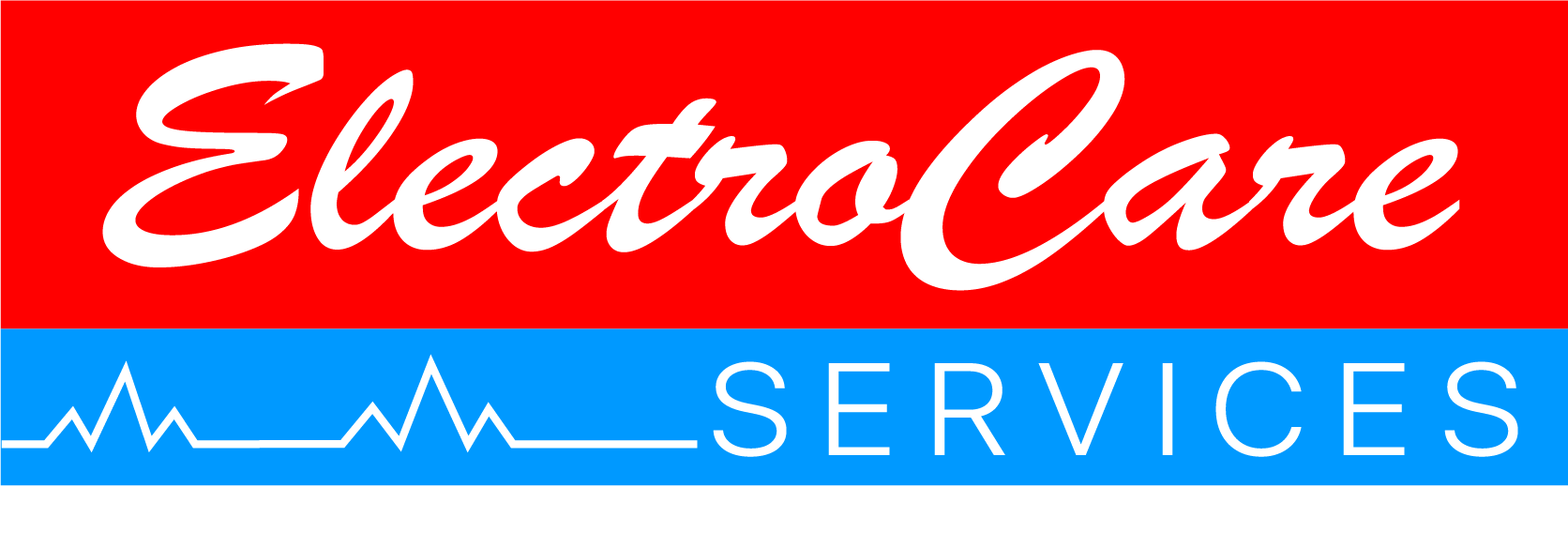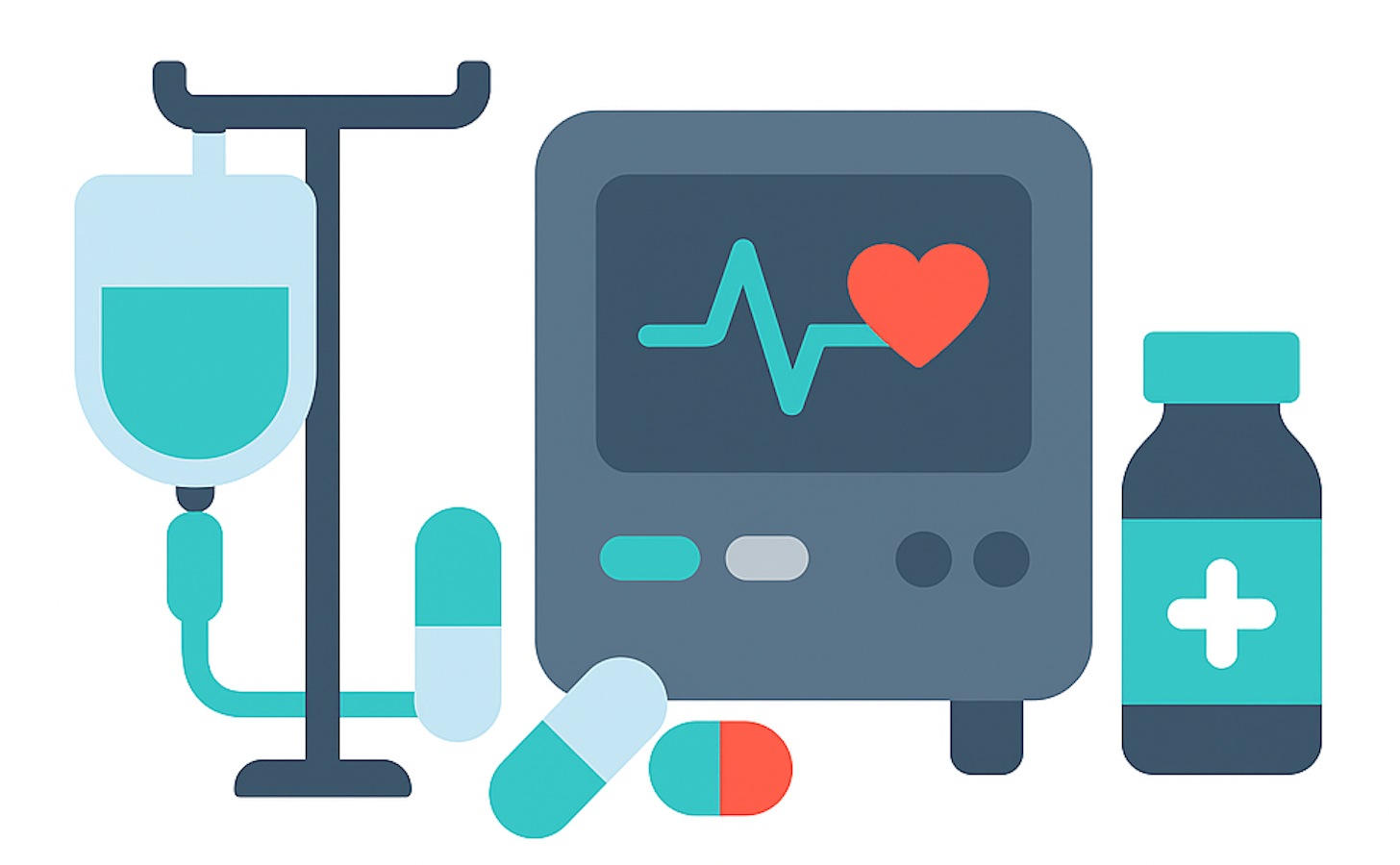How CPAP Can Improve Your Life
Introduction
Continuous Positive Airway Pressure (CPAP) therapy is a widely recognized treatment for obstructive sleep apnea (OSA) and other sleep-related breathing disorders. By ensuring uninterrupted breathing during sleep, CPAP therapy can significantly improve your health, well-being, and overall quality of life. This article explores the various ways in which using a CPAP machine can transform your life for the better.
Understanding CPAP Therapy
- What is CPAP?
- CPAP stands for Continuous Positive Airway Pressure.
- It is a device that delivers a steady stream of air through a mask to keep the airway open during sleep.
- How CPAP Works
- The CPAP machine generates a constant airflow, which is delivered to the airway through a hose and mask.
- This airflow prevents the airway from collapsing, ensuring continuous and unobstructed breathing throughout the night.
Benefits of CPAP Therapy
- Improved Sleep Quality
- Eliminate Snoring
- CPAP therapy effectively stops snoring by keeping the airway open.
- This results in quiet, uninterrupted sleep for both the user and their bed partner.
- Enhance Sleep Quality
- Sleep apnea causes frequent awakenings and disrupts sleep cycles.
- CPAP therapy helps achieve deeper, more restorative sleep by preventing interruptions in breathing.
- Enhanced Daytime Alertness and Productivity
- Combat Daytime Fatigue
- Poor sleep quality from sleep apnea leads to excessive daytime sleepiness.
- CPAP therapy helps achieve restful sleep, reducing daytime fatigue and drowsiness.
- Boost Concentration and Performance
- Better sleep enhances cognitive function, memory, and concentration.
- Increased alertness leads to improved performance at work and daily activities.
- Enhanced Mood and Relationships
- Restful sleep positively impacts mood and emotional stability.
- Reduced irritability and better mood contribute to healthier relationships and overall quality of life.
- Improved Overall Health
- Reduce Cardiovascular Risks
- Untreated sleep apnea is linked to high blood pressure, heart disease, and stroke.
- CPAP therapy reduces these risks by maintaining proper oxygen levels and preventing interruptions in breathing.
- Lower the Risk of Diabetes
- Sleep apnea is associated with insulin resistance and type 2 diabetes.
- Better sleep quality and oxygen levels help regulate blood sugar levels and reduce the risk of diabetes.
- Enhance Mental Health
- Chronic sleep disruptions can lead to depression, anxiety, and other mood disorders.
- CPAP therapy promotes better sleep, which is crucial for mental well-being.
- Increased Longevity and Quality of Life
- Increase Longevity
- Untreated sleep apnea can significantly shorten lifespan due to associated health risks.
- CPAP therapy helps manage these risks, potentially increasing life expectancy.
- Improve Quality of Life
- Consistent use of CPAP leads to long-term improvements in health, energy levels, and overall well-being.
- Users report feeling more rejuvenated and capable of enjoying daily activities.
- Manage Weight and Metabolism
- Poor sleep is linked to weight gain and metabolic disorders.
- CPAP therapy improves sleep, which can aid in weight management and metabolic health.
- Enhanced Safety and Reduced Accident Risk
- Reduce the Risk of Driving Accidents
- Daytime drowsiness from sleep apnea significantly increases the risk of driving accidents.
- CPAP therapy improves alertness and reaction time, making driving safer.
- Enhance Safety at Work
- Fatigue-related accidents are common in the workplace, especially in jobs requiring high levels of concentration and physical activity.
- Better sleep reduces the likelihood of workplace accidents and injuries.
- Overall Safety and Well-Being
- Improved sleep reduces the risk of accidents at home, such as falls and mishandling of tools and appliances.
- Ensuring safety through CPAP therapy contributes to a healthier, more secure lifestyle.
Getting Started with CPAP Therapy
- Consult a Healthcare Provider
- If you suspect you have sleep apnea, consult a healthcare provider for a proper diagnosis.
- A sleep study may be conducted to determine the severity of your condition and the appropriate CPAP settings.
- Prescription and Purchase
- CPAP machines require a prescription from a healthcare provider.
- Purchase your CPAP machine and accessories from a reputable supplier to ensure quality and support.
- Set Up and Adjustment
- Follow the manufacturer’s instructions to set up your CPAP machine.
- Adjust the mask and settings to ensure a comfortable fit and effective therapy.
- Start by wearing the mask for short periods while awake to get used to the sensation.
- Regular Maintenance
- Clean the mask, hose, and water chamber regularly to maintain hygiene and performance.
- Replace filters and other parts as recommended by the manufacturer.
Conclusion
CPAP therapy is a transformative treatment for individuals suffering from obstructive sleep apnea and chronic snoring. By ensuring continuous and unobstructed breathing during sleep, CPAP therapy offers numerous benefits, including improved sleep quality, enhanced daytime alertness, better overall health, increased longevity, and enhanced safety. If you or a loved one struggles with snoring or sleep apnea, consult a healthcare provider to explore the benefits of CPAP therapy and take a significant step towards a healthier, more restful life. Embrace the positive changes that CPAP therapy can bring and enjoy a better quality of life.



